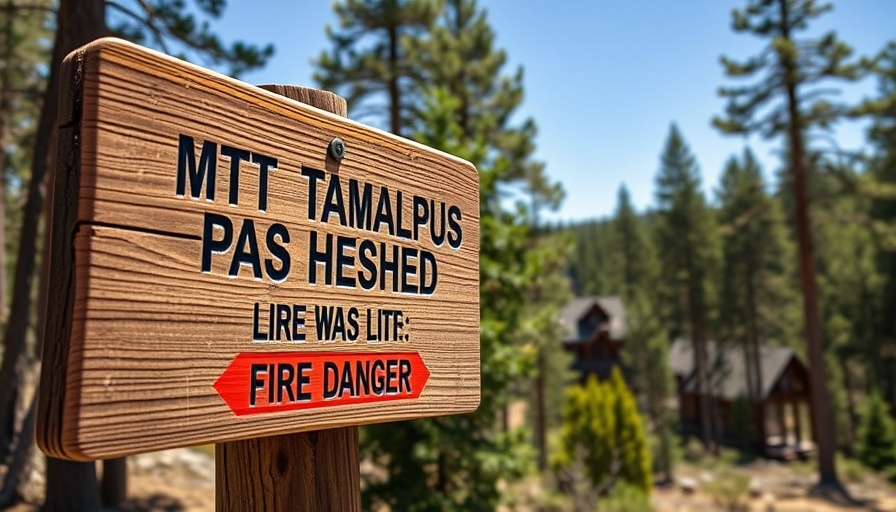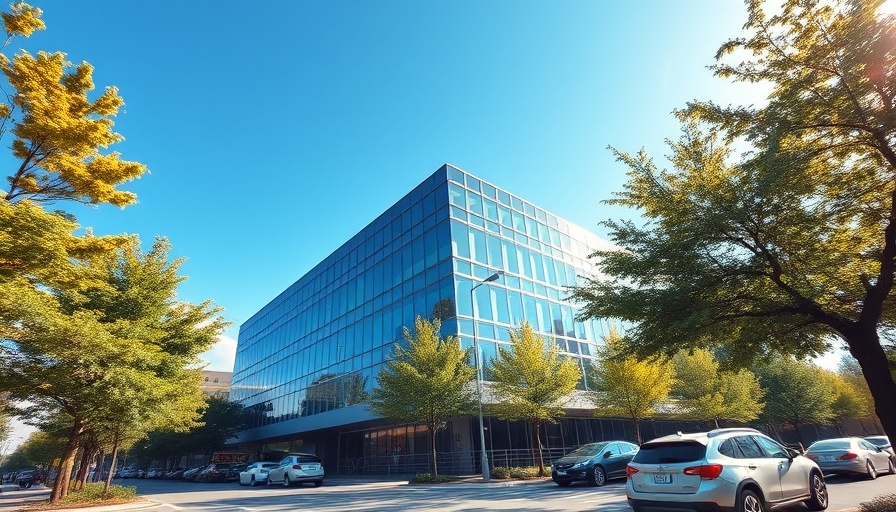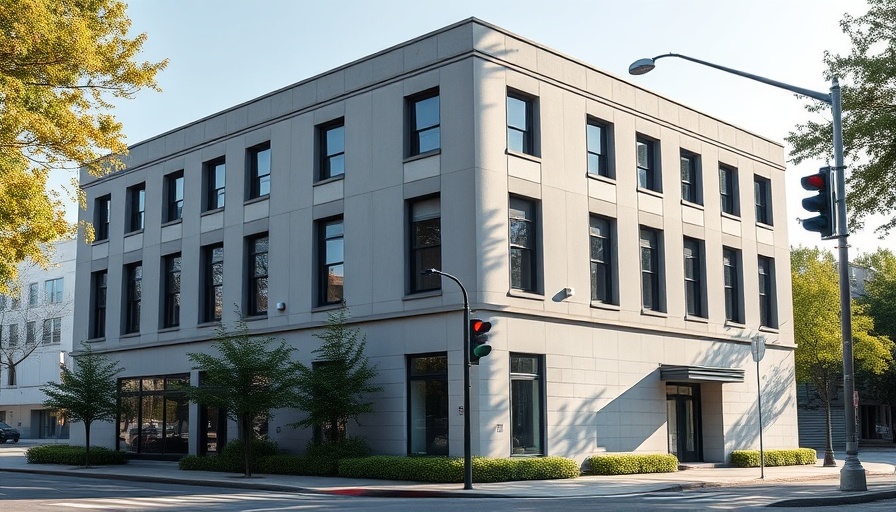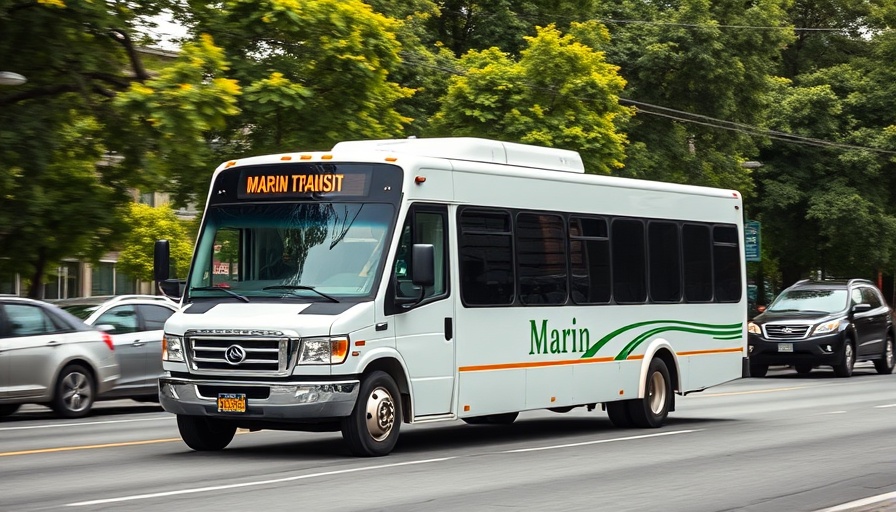
M1: Settling a Decades-Long Cycling Controversy
The recent settlement between the Marin Municipal Water District (MMWD) and environmental advocates marks a significant moment in the Mount Tamalpais cycling debate. What’s remarkable is how this issue, which has polarized the local community for over 30 years, culminated in a compromise rather than a conclusive victory for either side. The board’s decision to tweak the e-bike pilot program instead of implementing the original proposals illustrates the complexities involved in managing recreational access to protected environments.
M2: Environmental Impacts and Safety Concerns
At the heart of the concerns raised in the lawsuit are environmental risks and safety issues linked to increased bike traffic on Mount Tamalpais. Opponents of bike accessibility argue that mountain biking can lead to habitat disturbances and threaten the area's wildlife, including species such as the northern spotted owl. This environmental sensitivity is reflected in the lawsuit filed by organizations like the Marin Audubon Society and the California Native Plant Society, emphasizing the need for comprehensive assessments that adhere to the California Environmental Quality Act.
M3: Community Response and Recap of the Votes
The board’s unanimous vote displays a sense of divided opinion within the community. Many residents, while recognizing the need for biking trails, also express concern about maintaining the natural sanctity of Mount Tamalpais. The vote to rescind the initial pilot programs that sought to open new trails to cyclists represents a compromise in light of vocal opposition. Bicycle enthusiasts may find diminished opportunities under this settlement, but advocates for nature conservation can feel a sense of victory.
M4: Future Outlook: Monitoring and Reporting
The settlement outlines a revised e-bike pilot program designed to gather data over the next two years. This plan includes installing trail counters to monitor bike usage and gathering feedback through surveys to gauge community sentiment about the impact of cycling in the area. These measures indicate a newfound commitment to balancing recreational access with environmental stewardship, potentially paving the way for future adjustments depending on the outcomes of this pilot period.
M5: The Broader Context of Outdoor Activities in Fairfax and Beyond
As cycling becomes increasingly popular, particularly among families and outdoor enthusiasts in Fairfax, Larkspur, and surrounding communities like Mill Valley and Sausalito, discussions about sustainable practices and shared spaces are vital. Local decisions about trail access resonate well beyond geography, shaping expectations for outdoor recreational activities throughout Marin County and serving as a model for ongoing dialogues about environmental integrity in recreational spaces.
In light of this settlement between MMWD and environmental groups, local residents are encouraged to reflect on their role in determining the future of shared spaces. How do we balance enjoying nature while preserving it for future generations? Remember, every voice matters in this ongoing conversation.
 Add Row
Add Row  Add
Add 




 Add Row
Add Row  Add
Add 

Write A Comment